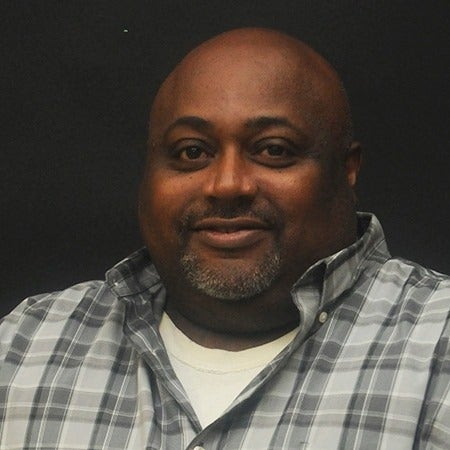Renaming an introduction to Selma history
Published 5:55 pm Friday, July 11, 2014
The heated civil rights debate about the renaming of Lapsley Street has come and gone, but its presence was far from a bother to me.
For some, the dispute may have been nothing more than a headache, but for me it was a reintroduction to a great discussion about the people who have deserved the honor to have a street named after them.
Before the Selma City Council revisited the proposal in March, Lapsley Street was not much more than the street that took me to Calhoun Foods. It was also a street often mentioned in incident reports.
After learning more details about the proposal following the reintroduction of the proposal made in the early 2000, I have come to appreciate both the Lapsley and Boynton family for the contributions they have made to this city.
The work Lapsley family members put in as artists, railroad entrepreneurs, attorneys and missionaries added greatly to Selma’s growth in the early 20th century.
Amelia Boynton worked alongside her husband to preach voting rights. Even when her husband died in 1963, Boynton continued the fight for basic human liberties.
For too often, I have ridden along the streets, avenues, and boulevard of Selma without recognizing all of the great people who may be responsible for their names.
I was aware of the significance of a handful, such as Dr. F. D. Reese Street, J.L. Chestnut Boulevard and Martin Luther King, Jr. Street. I also know that there are many others with amazing history that should be explored.
The individuals named after these streets deserve to be remembered for what they have done for our community and American history in general. Many have sacrificed so much to make life better for others.
Remembering their historic contributions has helps bring pride to our grand city, because it reminds us that Selma does produce greatness.
It serves as motivation to those who may believe that living in Selma is preventing them from becoming the successful individual they hope to be.
It should serve as proof that it doesn’t matter where you are. What matters is that you take advantages of the opportunities that you’re presented.
I know this disagreement has frustrated some people, but we should all realize the good that came from it.
Sometimes it’s not about the argument, but the discussion that follows an argument.
Not only did this debate end with a fair compromise that would benefit both the Lapsley and Boynton family, but we also were exposed to history that many of us may have never known or forgotten about.



